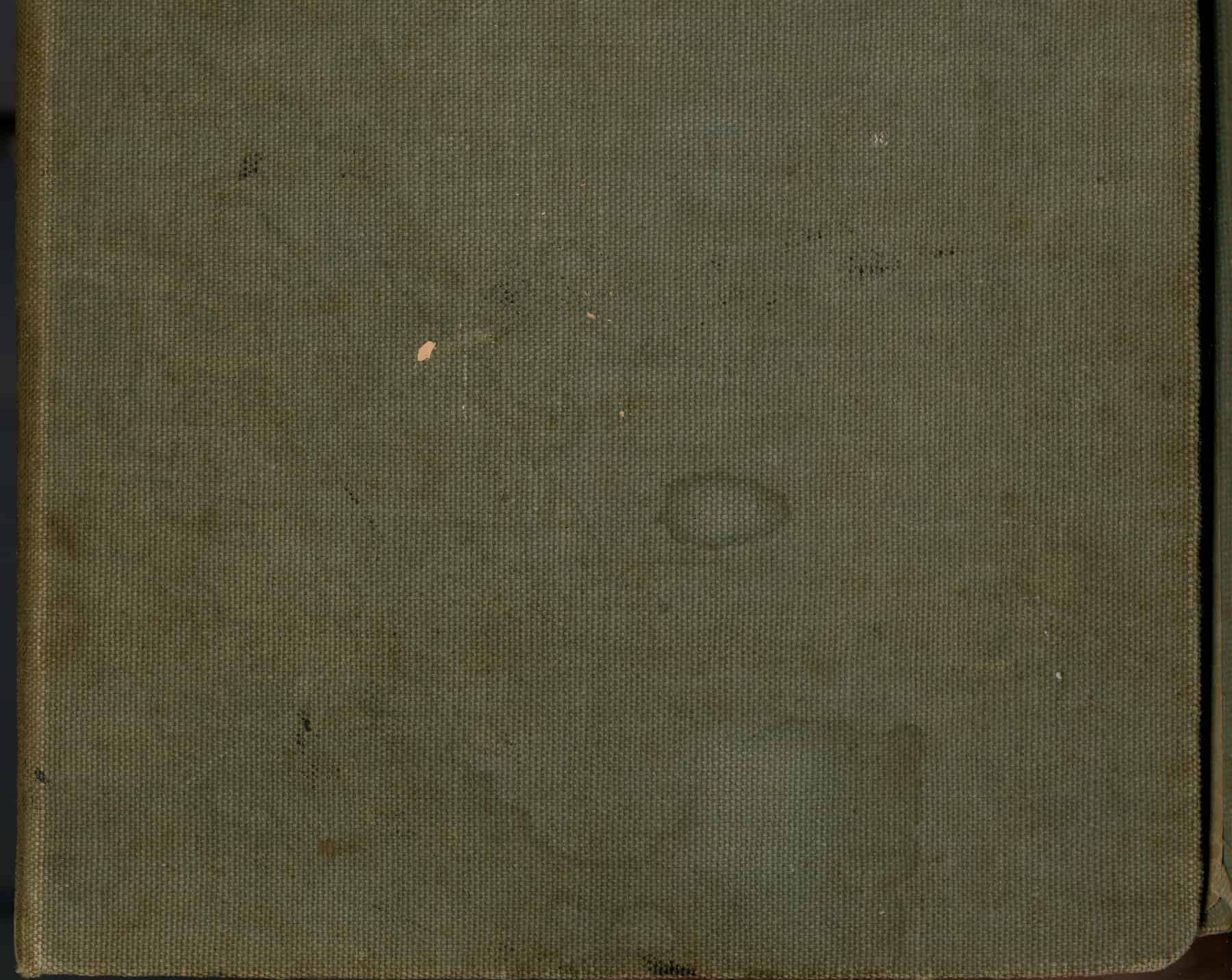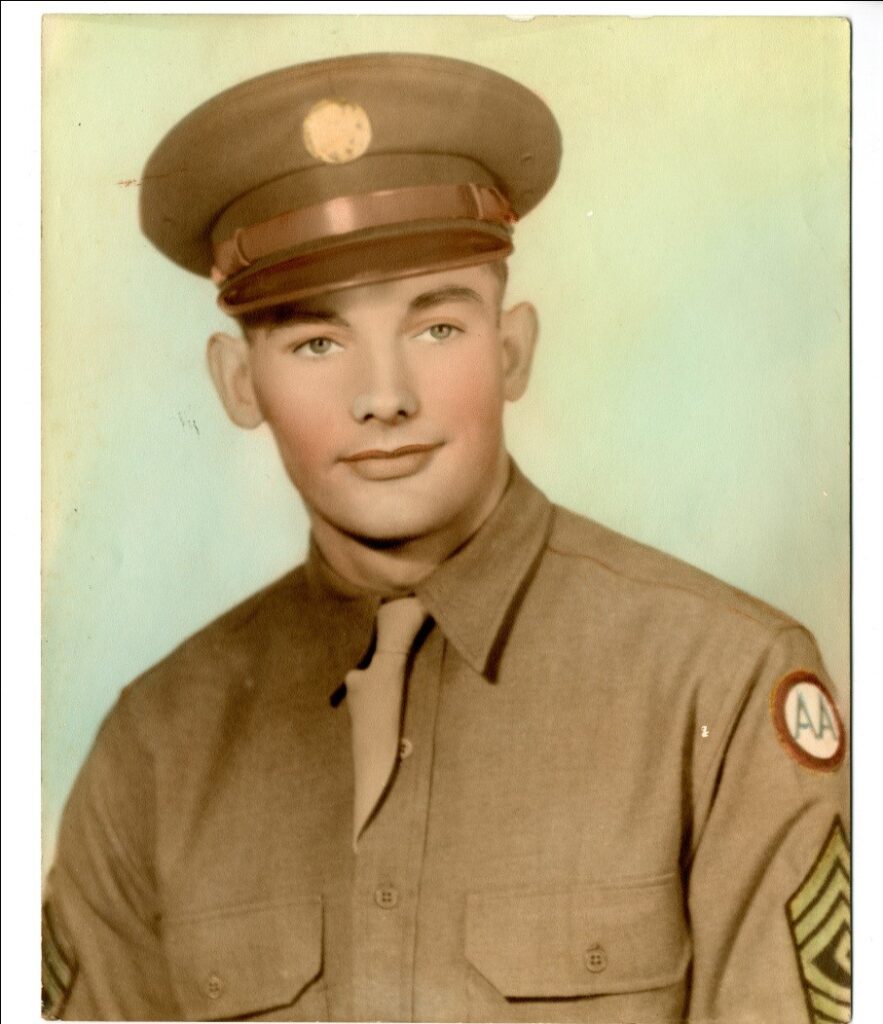
Lest I Forget
The diary of Vernon Goetz
September 1944 – May 1945
Transcribed, edited, and digitized by the students of HP 270, May 2014, and the students of VMC 287, May 2023, Goucher College, Baltimore, MD.
HP 270:
Max Babcock, Ksenia Bradner, Sabrina Burrell, Micah Connor, Hannah Haber, Katie Hall, Grant Justis, Sarah Lepianka, Brendan McAvoy, Hannah Miller, Jennifer Pelizza, Marika Nadel‐LaMotta, Moriah Patashnik, JoAnna Ramsey, Justine Ruhlin
VMC 287:
Samia Abdur-Rahim, Sam Angelini, Tristyn Brown, Bronwyn Burke, Michelle Carroll, Emma Flanagan, Hannah (Fang) Gelner, Camille Henley, Olivia Herendeen, Georgia Knox, Hannah Levenson
Under the supervision of Tina H. Sheller, Assistant Professor, Visual and Material Culture
Web Designer: Troy Vassalotti
Special thanks to: Grant Justis, JoAnna Ramsey, Morgan Richter, and Kate Dannals for their work on the diary;
Joan Arenstein, for sharing her father’s diary with us;
The Goucher Library staff, Nancy Magnuson, Librarian Emerita, Tara Olivero, Melissa Straw, and Kristen Welzenbach;
April Oettinger, for securing the NEH grant that made this digital edition possible.
And, most of all, to the late Mary Goetz, Colleen Stanley, Nancy Stanley, and Joe Stanley for donating Vernon Goetz’s diary to the Goucher Library.

Preface
In 1998, Andrew Carroll founded the Legacy Project, an initiative to honor American veterans by collecting and preserving their wartime correspondence. Carroll’s project was publicized to the nation by the widely read syndicated columnist, Abigail Van Buren. The response to Van Buren’s column was overwhelming. Carroll’s mailbox was flooded with 50,000 letters. Stunned by the magnitude of the response, Carroll was even more surprised when he opened the envelopes. Though he braced himself to encounter “graphic descriptions of bloodshed and stories of brutality and suffering,” he was unprepared for the poignant messages that accompanied the wartime correspondence. These deeply moving messages revealed a pressing need felt by many Americans to share as well as preserve the wartime writings of loved ones. Family members were anxious that the accounts of wars past be preserved, and above all, that the sacrifices of fathers, sons, and husbands be remembered and cherished by the American people. As one woman, who enclosed letters from her Vietnam veteran brother, wrote to Carroll: “My brother is missing (not a POW). He was never right after he returned home and one day he was just gone. I hope to make his life worth something. I miss him very much.” A widow of a World War II veteran wrote in a similar vein: “My husband served in Patton’s Third Army. There is no one I can give these my husbands [sic] letters to so you may have them. Please remember him.” Andrew Carroll, ed., War Letters: Extraordinary Correspondence from American Wars (New York, 2001), 31.
The urgency to preserve memories of World War II and honor the sacrifices of those who fought in that war has heightened in the last few years as the number of surviving veterans diminishes at a rapid rate. That urgency, I think, was responsible for bringing the Vernon Goetz Diary to the Special Collections and Archives division of the Goucher College Library. Mary Goetz was anxious to find a permanent home for the World War II diary of her late husband, Vernon Goetz.
Vernon Goetz served as First Sergeant in the B Battery of the 549th Anti-Aircraft Artillery Unit of the 87th Division in the U.S. Army during World War II. During his year of active combat duty in England and Europe, from October 1944 until May 1945, Goetz maintained a daily diary in which he recorded his activities, observations, and thoughts as his unit moved across the embattled regions of France, Belgium, Luxembourg, and Germany. He wrote his daily entries in a clear and neat script on lined, looseleaf paper which was contained in a hard-cover three-ring binder. Because of his administrative responsibilities as a first sergeant, Goetz most likely had access to writing implements and paper, as well as an occasional desk, all of which would have enabled his diary-keeping.
Goetz’s position as first sergeant also meant he had access to official Army documents. He saved a number of these documents for inclusion in his diary. As his unit traveled through Europe and established command posts in abandoned houses and buildings, he, like many other soldiers, collected from these homes and buildings printed ephemera, photographs, pins, and various other souvenirs of war. The motivations for these collections were varied, but one of Goetz’s aims, whether he understood it at the time or not, was clearly to use these various items in conjunction with the diary as historical markers; that is, objects that would act both as proof of his presence throughout Europe as well as crucibles of memory of his experiences there. This is evident in the fact that when he returned home from the war, he attached these documents and objects to different pages in his diary. Tellingly, he titled the diary, “Lest I Forget.”
Vernon Goetz carefully preserved his diary for sixty-three years. From time to time during those years, he apparently returned to the diary to take care of its pages by pasting reinforcements around the three holes on each page, and to edit it. The addition of various documents, photographs, and printed ephemera has already been noted. At one point, Goetz reflected on the contents of the diary and added this observation to the diary’s title page:
“This Diary has for obvious reasons neglected to record many of the more gruesome experiences which go hand in hand with war and as a result must be supplemented by the memories of a none too retentive mind.”
Vernon Goetz
To correct for this negligence, Goetz stapled to this same page a Reader’s Digest reprint of a New York Times article by William H. Lawrence, published on August 30, 1944, which described his visit to the concentration camp at Maidanek, Poland and the horrors he witnessed there. The title of the reprint was “Lest We Forget.” Goetz crossed out the “We” and inserted “I” above it, and thereby came up with the title for his diary.
Vernon Goetz died in 2008. The duty to preserve the diary then passed on to his widow, Mary. Aware of her responsibility to Vernon’s memory, Mary searched for a permanent archive that would properly care for this notebook of memories that had meant so much to her husband. With the assistance of her niece, Colleen Stanley, Mary entrusted Vernon’s diary to the Special Collections and Archives Division of the Goucher College Library. The following transcription and annotation of the diary represents the commitment of the Library and Goucher students to carrying on with Vernon Goetz’s mission of preserving the memory of World War II, “Lest We Forget.”
Tina H. Sheller, Assistant Professor of Visual and Material Culture
Goucher College
May, 2023